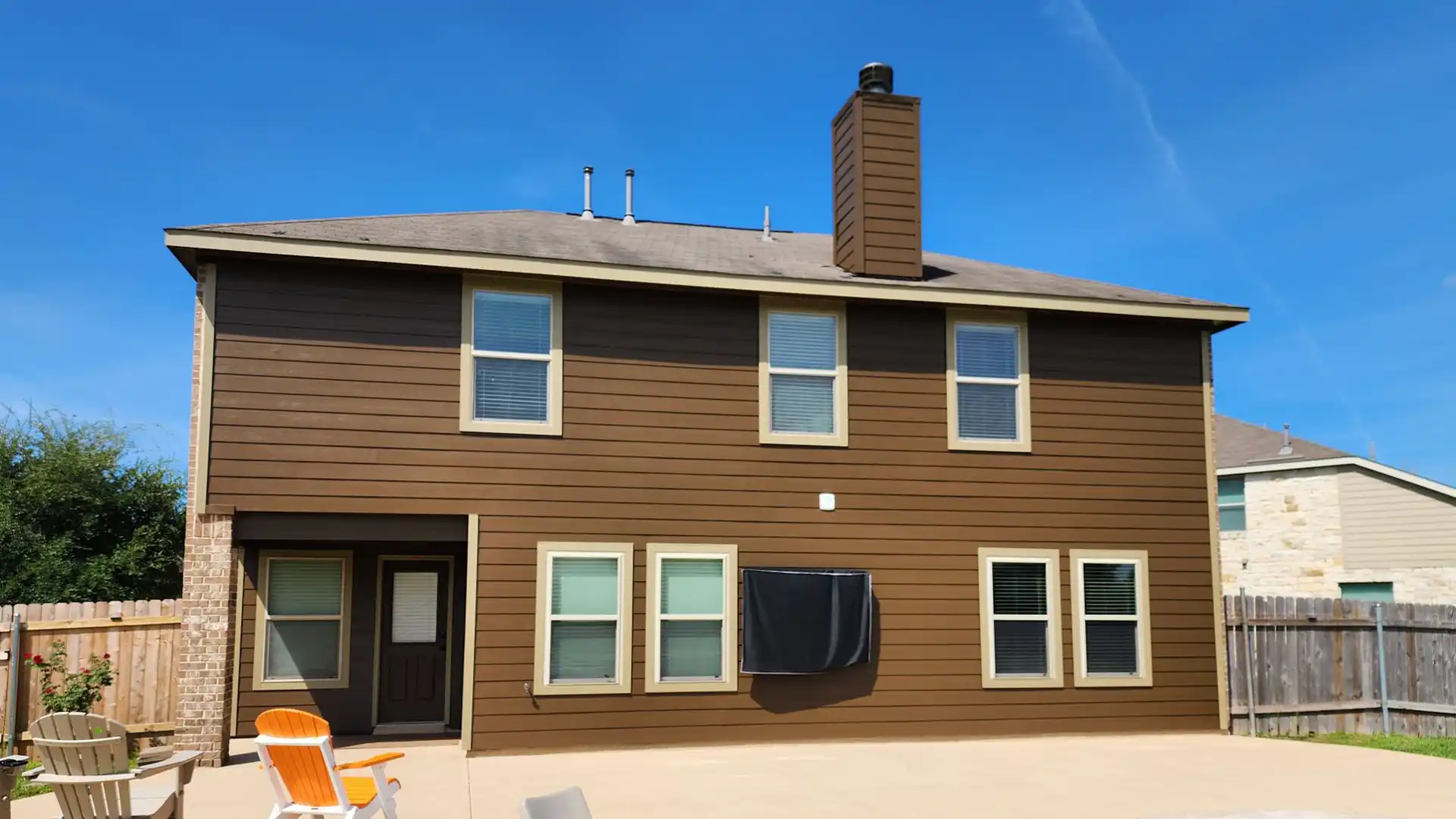
Menu
< Main Menu
Social Media

Your home’s siding acts as a protective shield against harsh weather, pests, and everyday wear. Even high-quality siding materials can gradually deteriorate, and when they do, your home may become more vulnerable to moisture damage, insect infestations, and reduced energy efficiency. If you think it’s time for house siding replacement, understanding the warning signs can help you address problems early, before minor concerns develop into expensive repairs.

Cracks, holes, warping, or loose panels can weaken your home’s ability to block water, wind, and pests. While isolated issues can sometimes be repaired, widespread damage often signals the need for a complete siding replacement. Keep an eye on sections exposed to intense sunlight or rain, as these areas tend to deteriorate more quickly.
If you spot rotting wood, mildew, or mold spreading along your home’s exterior, it often means that moisture is seeping behind the panels, which can severely damage the structure. Once rot begins, it spreads rapidly, making siding replacement a top priority to protect your home and avoid costly structural repairs.
A fresh coat of paint can certainly boost curb appeal, but excessive fading or peeling paint may point to serious underlying problems. Quality siding is built to maintain its color and withstand the elements for many years, so if you find yourself repainting more often than expected, it could be a sign the material is reaching the end of its life. Significant fading may also indicate that the siding’s protective coating has worn away, leaving your home more exposed to sun, wind, and moisture damage.
Old or damaged siding can weaken your home’s insulation, making it harder to keep indoor temperatures stable. If you’ve noticed an increase in heating and cooling costs, it could be due to drafts or heat transfer through worn or poorly sealed siding. Modern siding materials often feature built-in insulation to enhance energy efficiency, reduce drafts, and help lower your utility bills.
If you notice bubbles or blisters forming on the surface of your siding, it’s a sign that moisture is trapped beneath the panels. This typically occurs when the moisture barrier is compromised. Once water penetrates the siding, it can spread and cause extensive damage. In most cases, this type of issue requires a full siding replacement to resolve the problem.
Strong winds, severe storms, and years of wear can cause siding panels to loosen or fall off. Gaps in your siding leave your home vulnerable to weather and pests. If you have several loose or missing panels, replacing your siding entirely is often the most cost-effective long-term solution.
Even the most durable siding materials have a limited lifespan. Vinyl siding generally lasts 20–40 years, wood siding about 20 years with regular upkeep, and fiber cement siding can last 30–50 years. If your siding is nearing or past its expected lifespan, it’s wise to schedule a professional inspection. Even if it appears to be in good condition, hidden issues, such as moisture damage or insulation breakdown, may be present.
When it’s time for a siding upgrade, you want a contractor who brings expertise, premium materials, and a meticulous approach to every project. Austin Pro delivers all of that and more. Our professional siding replacement services are designed to meet your unique needs, and our team uses durable, high-performance materials that can handle the Texas heat, resist fading, and boost your home’s energy efficiency.
If you’re ready to explore your options for residing your house, contact Austin Pro today for a professional evaluation and a solution that fits your style, budget, and long-term goals. We would be happy to schedule a consultation and provide you with a quote.

Durability Meets Design in Modern Siding Solutions
